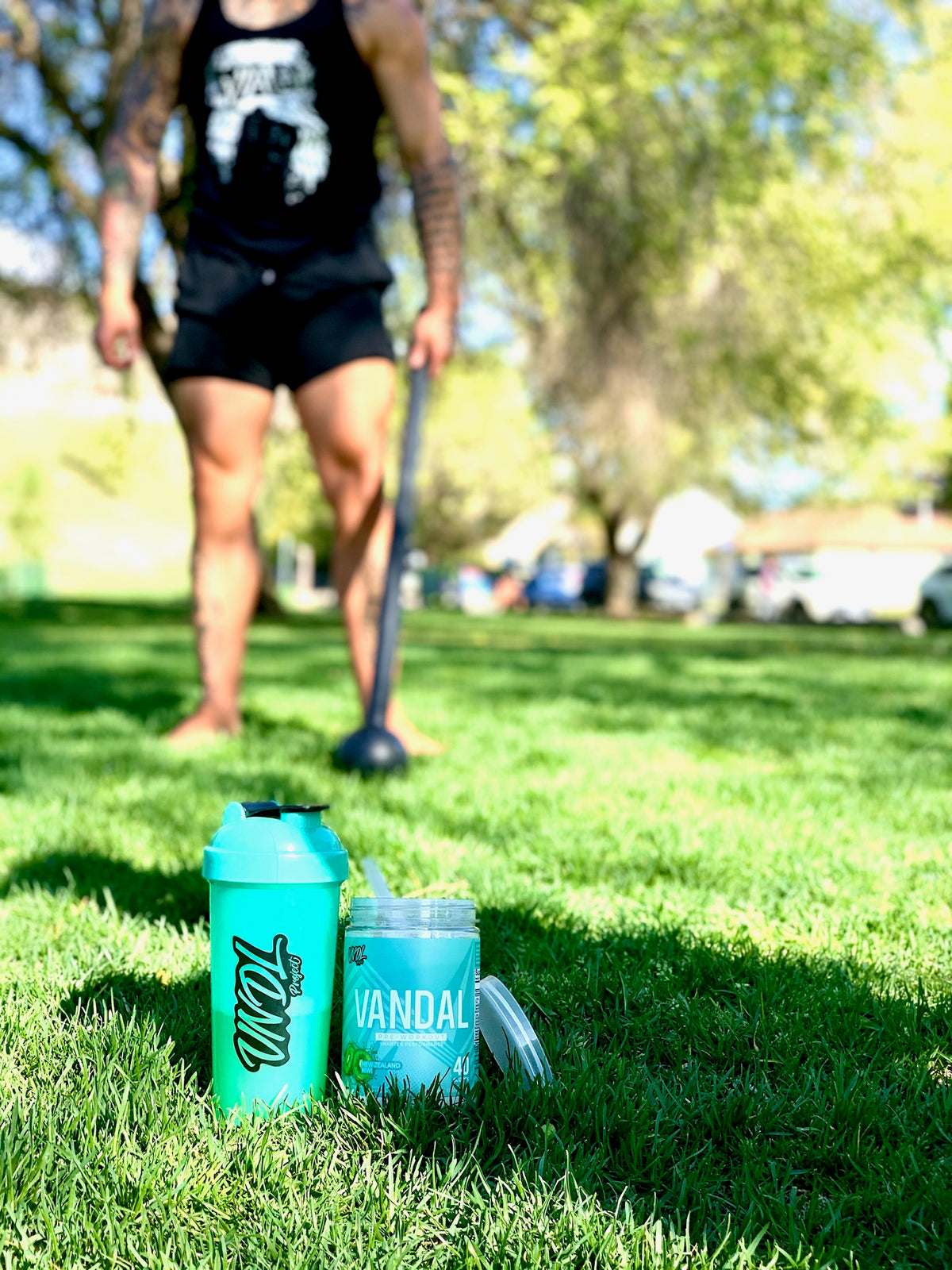
L-Tyrosine is an amino acid found that is involved in the production of neurotransmitters like dopamine, adrenaline, and noradrenaline. Through some studies on humans, Tyrosine has evidence showing it can improve the mood and performance of individuals under stressful conditions, improve working memory, and reduce the effects of stress and fatigue on cognitive exhausting tasks.

L-Theanine is an amino acid analogue of glutamate and glutamine found in green tea and in gyokuro leaves, thus demonstrating culinary use.
Read More 
A crucial component of any good nootropic is the acetylcholine pathways since increased acetylcholine levels are correlated to increased focus, memory, and so forth. The three key ingredients we’ll talk about are Alpha GPC (or any other choline donor), Acetyl-l-carnitine (ALCAR), and Huperzine a.
Read More 



